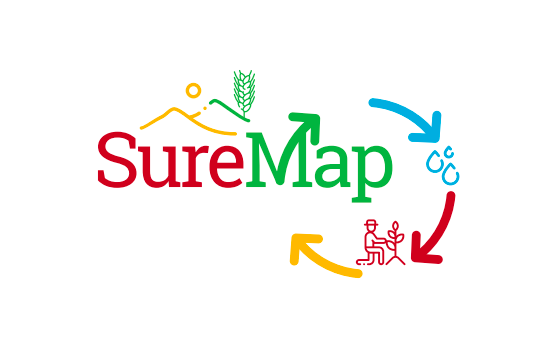The aim of this project is to establish an Engineering MSc that trains engineers, suitably qualified to implement the “1.5 million feddan desert reclamation” target, as well as similar water, energy and food related challenges in the “Egypt 2030” strategy. The curricula content is oriented towards the need to combine know-how in solar technology, hydrology, and irrigation with mechanical, electrical, soil engineering and urban planning as well as ecological and environmental aspects. The engineers are thus well suited to manage the planning phase (including the coordination between the different specialities, to assure the development of integrated systems), reliably install and dependably maintain up-to-date technology. Although these skills will also be sought after by , large scale investors who are engaged in dessert land reclamation, to lead and manage their engineering teams, the graduates are vital for the above mentioned 3.000 or more small and medium enterprises who require suitably qualified maintenance specialists for all different systems to be regularly present in the remote dessert locations (100 km – 400 km from Cairo or other sizable cities). The provided interdisciplinary skills are thus especially important for services to small and medium businesses, who cannot afford numerous engineers from different specialities on their payroll, but nevertheless require expertise how to combine, harmonise and synchronise interacting electric, electronic, hydraulic, mechanical, and other systems, and how to assure their proper and reliable maintenance.
Objectives:
- To identify the key trends, needed skills in the Egyptian organisations, and market to contribute directly or indirectly to resource-efficient agriculture.
- Establish an Engineering M.Sc. that prepares engineers to interact and coordinate with environmental scientists and farmers, and thus are suitably qualified to implement Egyptian and EU-strategies, as well as similar Water, Energy and Food WEF nexus challenges. This also involved modernisation of existing courses.
- To develop a capacity building programme to train and equip the professors in the Egyptian universities with the knowledge and tools to address the different dimensions of sustainable agriculture.
- To develop Massive Open Online Courses (MOOCs) as Open Education Resources (OER) for spreading the knowledge and raising the awareness of different stakeholders (students, politicians, academicians and wider society). The MOOCs will be high quality materials that are copyright free and publicly available.
Given that the courses are being designed as modules, it will also be possible for all universities in Egypt to implement parts in suitable master programmes and diplomas. It is suggested to be interdisciplinary, since the engineers need sufficient knowledge about agriculture and geology, to be able to interact with the latter experts in the field and thus bridge the communication gap between engineers, agronomists and geologists often encountered.





